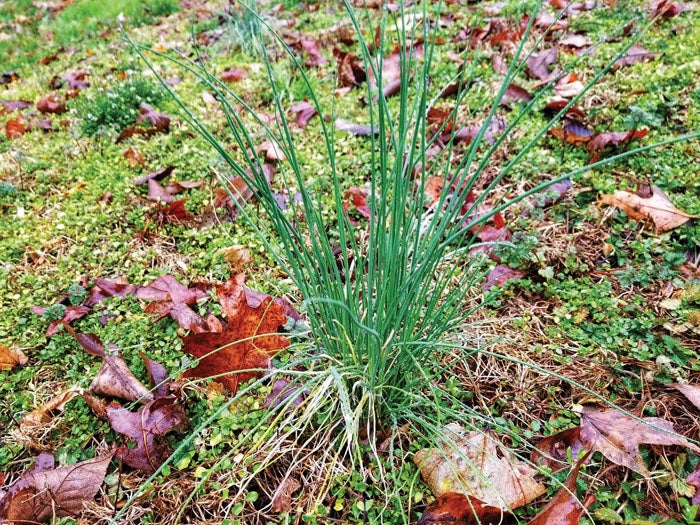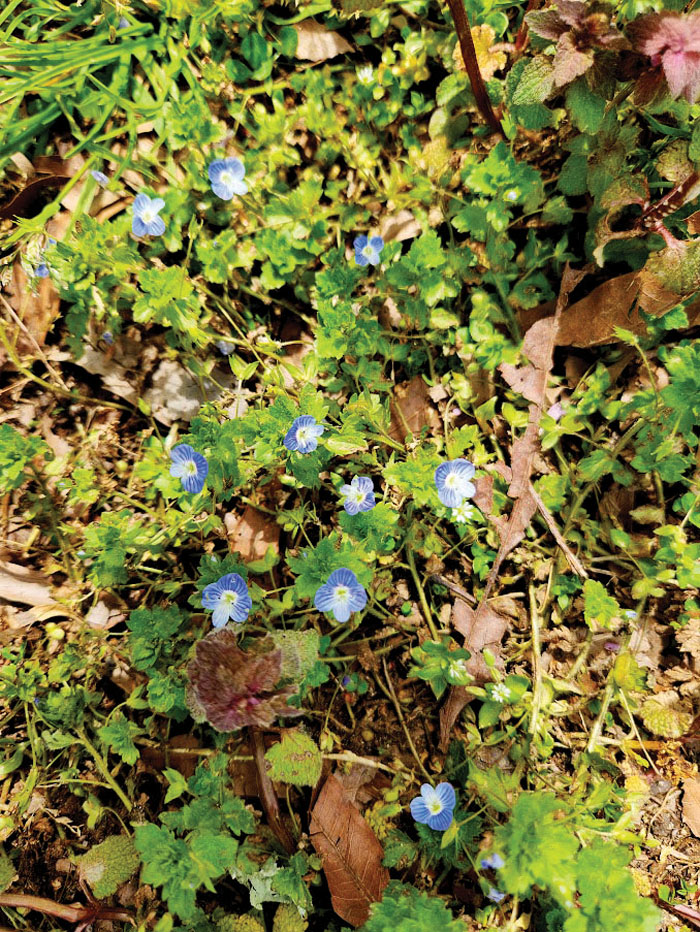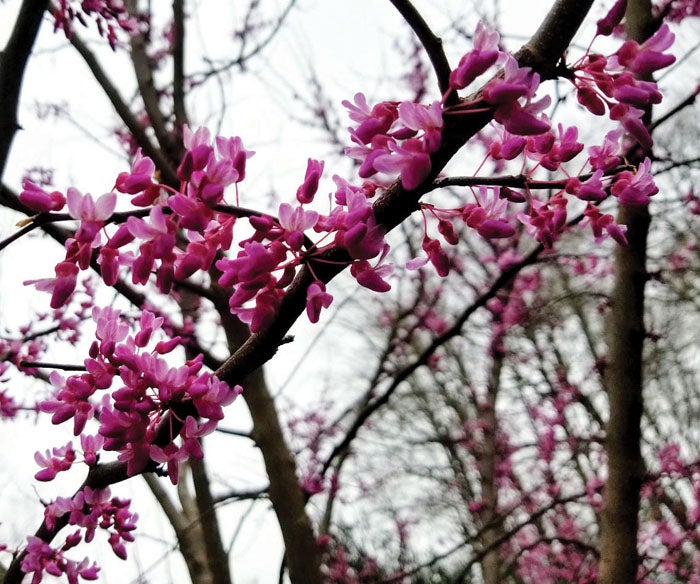Spring weather prompts questions
Published 12:00 am Saturday, April 1, 2023
Unusual weather coupled with intermittent rainfall has produced many colorful blooms throughout the county. Many trees and shrubs are almost in full show. Unfortunately, many weeds are also beginning to grow and bloom. Below are a few questions a few people asked over the past few weeks that may be of interest.
Question: I have a low-growing weed in my lawn that has a very small, pretty blue flower. Do you know what type of plant this is? Answer: this is most likely a type of speedwell (Veronica persica Poir).Persian speedwell is a low-growing winter annual found in turf, nursery crops and non-tended areas. Speedwell seems to thrive in a variety of situations, but are mostly found in shady areas with dry, sandy or rocky soils. The most noticeable characteristics are the small, powder blue flowers. Go to https://plants.ces.ncsu.edu/plants/veronica/ for more detailed information.
Question: I sprayed my lawn last week and the weeds are still growing, especially chickweed. I’ve used the recommended herbicide and sprayed the lawn twice. Am I doing something wrong?
Answer: Chickweed usually takes about two weeks to completely die after being sprayed with a weed product with 2,4-D. Normally weeds wilt in few days indicating the herbicide is working. Annual broadleaf weeds are more difficult to control in full bloom. Herbicides used to control broadleaf weeds are growth regulators relying on plant growth for adsorption. Blooming winter annuals often shut down during bloom and therefore adsorb herbicides at a slower rate.
Question: I have four native redbud trees scattered in the woods and in our landscape. Most have bloomed this year; however, a few had very sparse blooms this spring. Are there male redbud trees that have no bloom?
Answer: No, not really. There are a number of reasons why your trees did not bloom this spring. It can be a number of reasons from over pruning, drought, poor soils, lack of light, etc. Redbuds are actually legumes that need ample sunlight to produce profuse blooms.
Question: I have wild onions all over our lawn and they seem to be getting worse each year. What can I use to control this weed? Answer: Post-emergence herbicides are the most effective method of reducing wild garlic(onions) in cool-season fescue lawns. Wild garlic is considered a broadleaf weed. Therefore, various combinations or mixtures broadleaf post emergence herbicides control the weed. Apply these herbicides in the spring to control the weed. Two applications, 10 days apart are often necessary for complete control. Go online to https://www.turffiles.ncsu.edu/weeds-in-turf/wild-garlic/ for more complete information about controlling wild garlic in lawns.
Darrell Blackwelder is the retired horticulture agent and director with the North Carolina Cooperative Extension Service in Rowan County. Contact him at deblackw@ncsu.edu.







